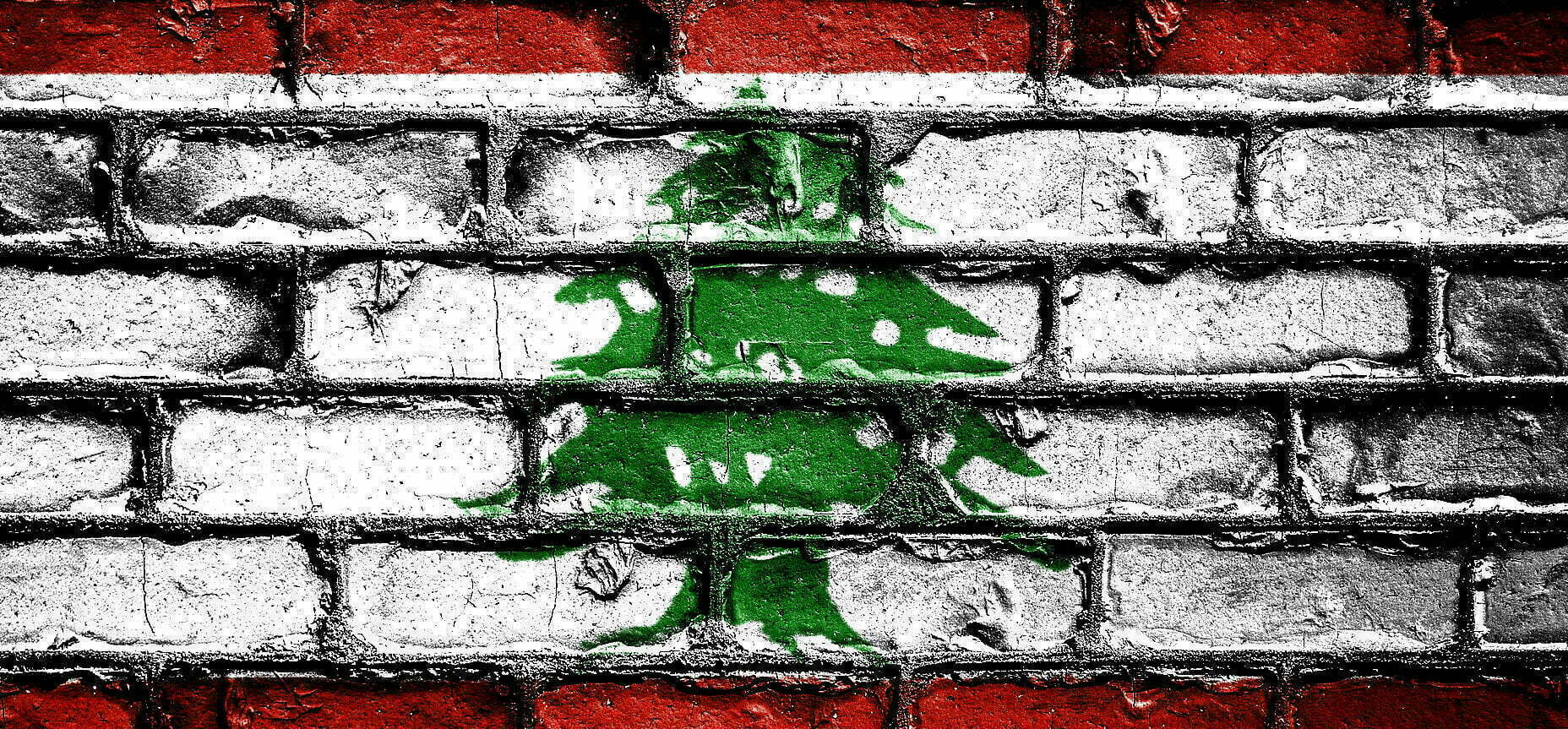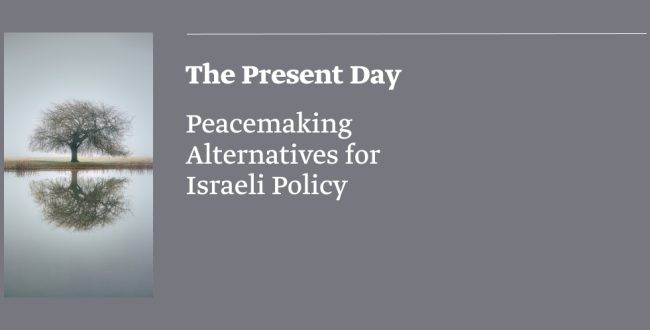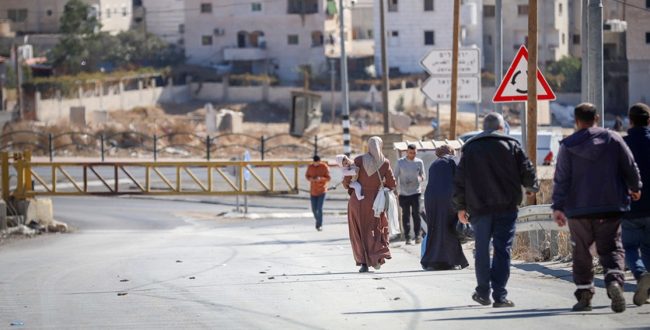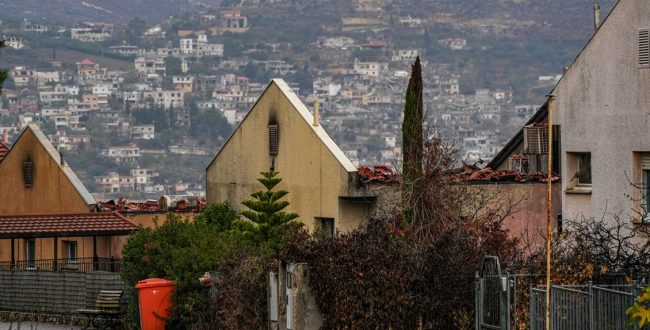Recent weeks have seen Lebanon in an uproar spanning all the country’s major powers and parties, politicians, and quite a few “anonymous soldiers” who fought against the IDF during Israel’s occupation of Lebanon from 1981 to 2000.
The furor began in early September, when expatriate Amer al-Fakhuri landed at the Rafic Hariri airport in Beirut. Al-Fakhuri was once a battalion commander in the South Lebanon Army (SLA) and head warden of the infamous al-Khiyam Prison, where Lebanese and Palestinian nationals were incarcerated for operating against the SLA and the IDF in the security zone. It is common knowledge that inmates were subjected to interrogation and torture designed to break their spirit and glean valuable intelligence. After the IDF withdrew in 2000, al-Fakhuri fled to Israel and later immigrated to the US, even obtaining a US passport. Upon his return, he was identified by border control and taken for questioning, but it emerged that his sentence for collaboration with the enemy had been mitigated.
Rumor of al-Fakhuri’s return spread quickly. The same week, former al-Khiyam inmates staged a demonstration in front of the Supreme Court in Beirut to protest the mitigation of sentences imposed on ex-collaborators with the SLA and the IDF. The protest was aimed primarily at the Free Patriotic Movement (FPM) or “the orange camp” – the party of President Michel Aoun and Foreign Minister Gebran Bassil. The day after (September 13), popular daily Al-Jadeed ran photographs of a handwritten list detailing 60 residents of southern Lebanon accused of collaboration, who are currently in the process of clearing their name.
Photograph with the chief of staff
The media also circulated a photo showing al-Fakhuri with Chief of Staff Joseph Aoun. The military issued a clarification that the chief of staff did not know al-Fakhuri and that the snapshot had been taken at an official reception in the United States.
Pardoning former SLA members is a thorny issue for the “orange camp” as Michel Aoun hails from a south Lebanese Christian family. His relatives and close acquaintances probably know Christians (and Shi’ites) who fled to Israel or the Lebanese diaspora after the IDF withdrawal and were accused of fighting alongside the SLA. Aoun and the former SLA commander, Antoine Lahad, go back a long way. In the late 1980s, Lahad tried unsuccessfully to mediate between then-president Aoun and Samir Geagea, the commander of the Lebanese Forces militia.
The SLA, also known as the Haddad Militia and later the Lahad Militia, was founded in the late 1970s based on the First Battalion of the Lebanese army. The unit was deployed in the Bint Jbeil area under the command of Major Saad Haddad and Major Sami Shediac after Israel’s withdrawal and the end of the Litani Operation in 1978. Recognized by the UN as the power in effective control of the territory, the SLA initially coordinated with Israeli officers and later operated under almost direct Israeli command via the Yakal (the Israeli Liaison Unit to Lebanon). Until the late 1990s, its funds came from the Lebanese treasury and the national flag was flown in military camps alongside the Israeli flag, reflecting the complicated relationship between residents of southern Lebanon and Israel.
Assassin turned spokesperson
Spearheading the protest against al-Fakhuri’s return is Souha Bechara, a famous previous inmate of al-Khiyam. In the mid-1980s, the Syrian National Party chose Bechara, then a young communist student from southern Lebanon, to assassinate General Lahad as she came from the town of Marjayoun. She dropped out of studies in Beirut to go home, where she started teaching physical education and aerobic dance and struck up a friendship with Antoine Lahad’s daughter. She also occasionally babysat at the general’s house. On November 7, 1988, while paying a visit to the family, Bechara drew a gun and shot Lahad several times close to the heart. After the assassination attempt she was arrested and sent to al-Khiyam, where she was held for ten years in rough conditions, including torture. It took a lengthy, widely-publicized campaign aided by Amnesty International to finally persuade Lahad to agree to her pardon. She was released in 1999.
Souha Bechara is now the most eloquent spokesperson against pardoning former collaborators with the SLA and Israel, and has vehemently attacked Amer al-Fakhuri on social media and in press interviews. She is naturally backed by Hizballah and is hugely popular in Lebanon. The FPM responded with a smear campaign against her on social media and the controversy over the pardons is still raging.
The renewed debate over the legacy of resisting Israel, as opposed to collaborating with it against the Palestinians and later Hizballah and the resistance movement, is touching on Lebanon’s rawest nerves. Eighteen years of Israeli occupation left political, social, personal and human scars that are hard to heal. Perhaps silent consent to the return of “forced expatriates” would allow Lebanese society to restore some human sanity and bring much-needed relief. Some of the expatriates are elderly and frail, and would likely return only to die in their homeland.
Yet, perhaps not for the first time, we are seeing a heated emotional conflict between Hizballah and its protégé, President Michel Aoun and his FPM, over an issue on which both sides will find it hard to compromise.
Translated by Michelle Bubis
















